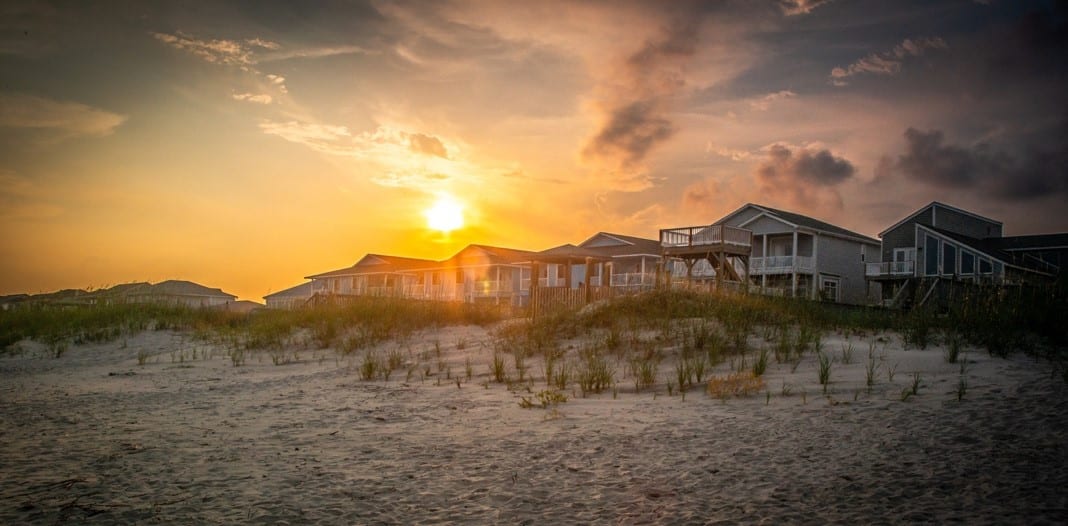Use these tips to get the right coverage
If you take a trip every year to the same place, it may make more sense to consider buying a home there instead of spending money on a hotel or house rental. Of course, purchasing a second home is a big investment, so there are a lot of things to think about before taking the plunge, including all of the costs involved. One item that can’t be forgotten is insurance. However, because this won’t be your full-time residence, insuring this home can sometimes be tricky. These tips can help:
Check your current homeowner’s policy first
In some instances, the insurance covering a primary residence can extend to a second home, which is why it is a good idea to take a look at your policy. If the policy seems inscrutable or you’re simply not sure, contact your insurer.
The type of coverage you’ll need
One of the biggest factors involved in insuring a vacation home is its location and these homes are often in areas that could put them at higher risk for damage. A beach house, for example, may be susceptible to hurricanes and flooding. A cabin in the mountains may face the threat of rock slides or harmful snow. Homes in certain heavily-wooded areas are at risk for wildfires. This is why, regardless of where your vacation home is, you need to be sure it’s covered for everything, especially the most likely threats. And likely threats typically mean added expense, when it comes to insurance.
How often will it be used?
If you only plan to use this home a few weeks or months out of the year – and the rest of the time it will be vacant – this could actually raise your rates. The reason for this is because if something were to happen – like a bad storm causing a leak in the roof, for instance – it may not be discovered for a while. By the time it is, the damage could be extensive. Conversely, a condo or townhouse that is part of a homeowners association that offers maintenance services may mean lower premiums.
Will you rent it out?
Many owners of vacation homes decide to rent them out part of the time. If the house is in a desirable area, putting it on a rental site like Airbnb can bring in substantial income throughout the year. But if you go this route, you should consider getting landlord insurance in addition to a regular homeowner’s policy, as this will provide the extra coverage, including liability protection, that you need.
Tips for insuring your rental home
In order to get the best coverage at the best rates, keep these things in mind when looking for insurance:
1. Pick a less-risky home
You may love visiting a certain beach town every year, but the home you buy doesn’t have to be steps from the ocean. Choosing one a few miles away could make a big difference with your rates.
2. Look for discounts
There are often many ways to lower insurance rates. Shoring up a home’s security with an alarm system is one example. Using the same insurer for both your primary residence and vacation home can also cut costs, as can bundling other types of policies with your homeowner’s insurance.
Get several quotes
All insurance coverage may seem the same, but rates can vary widely. This is why it’s worth getting quotes from multiple companies. In addition, once you select a policy, you should also check out rates every year to see if you can get a better deal elsewhere.
A vacation home is supposed to be a place you can go to get away from it all for a while, which is why you don’t want to get bogged down with insurance worries about adequate insurance – or the stress of not having a policy at all. To make sure you get the right coverage, contact NICRIS Insurance for a free quote.

